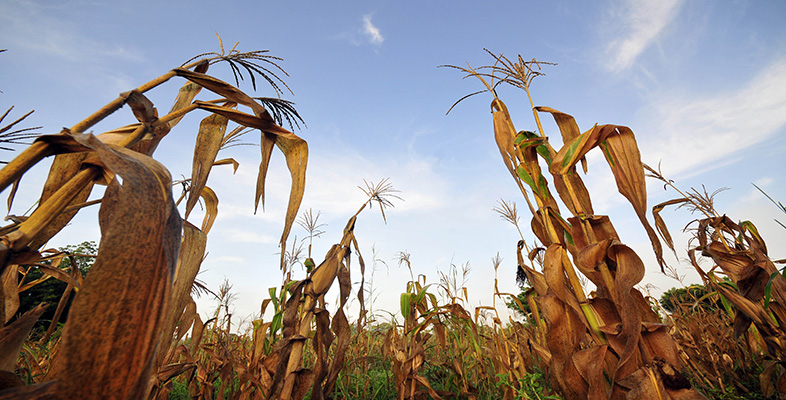6.2 The hierarchy of human needs
A second approach is to look at the human needs and wants from a more theoretical perspective. One such model was developed in the 1950s and 1960s by Abraham Maslow. Although it exists in many variants it is generally known as Maslow's hierarchy of human needs. In the most common interpretations it places the fundamental material needs of survival, such as food, shelter and safety at the base of a triangle, rising through social needs of belonging in human society, to moral needs of self-development at the apex. From our perspective this model offers two lessons. For those living in poverty, material needs, including services, will usually have the highest priority, though some, such as clean water and air and available fuel, are intimately related to the state of the environment. But for those who have escaped poverty and live in relative affluence, the so-called 'higher' needs, such as social and moral, do not necessarily require further material use. You might like to think about this in terms of where your money goes and what your priorities are. An interesting question arises with this Open University course. You may be studying it because it meets some of your moral aspirations for self-development, but possibly it also meets some of your social and material needs. What are the demands it makes in terms of material and energy use?
Although Maslow's model is more complicated than the brief interpretation I have given and has been criticised since it first appeared, I believe it reinforces a point made earlier on, namely the importance of focusing on the services made possible by energy. There are no laws of nature stating that affluence beyond a certain level is inevitably associated with an increase in energy use. Indeed, if you look at the per capita use of energy over the last few decades, it has declined in most industrialised countries, often reflecting a shift in the balance of their economies from primarily manufacturing to predominantly service based (As more manufactured products are imported from newly industrialising countries.) It is also worth noting that as our societies become more affluent they usually become less tolerant of environmental damage and pollution, and although the relationship between the two isn't simple, per capita levels of pollution are generally lower in richer countries than in poor ones. But are these tendencies strong enough for us to grow out of our environmental problems? Unfortunately, all the indications are that they are not, at least not without a drastic change of culture.
